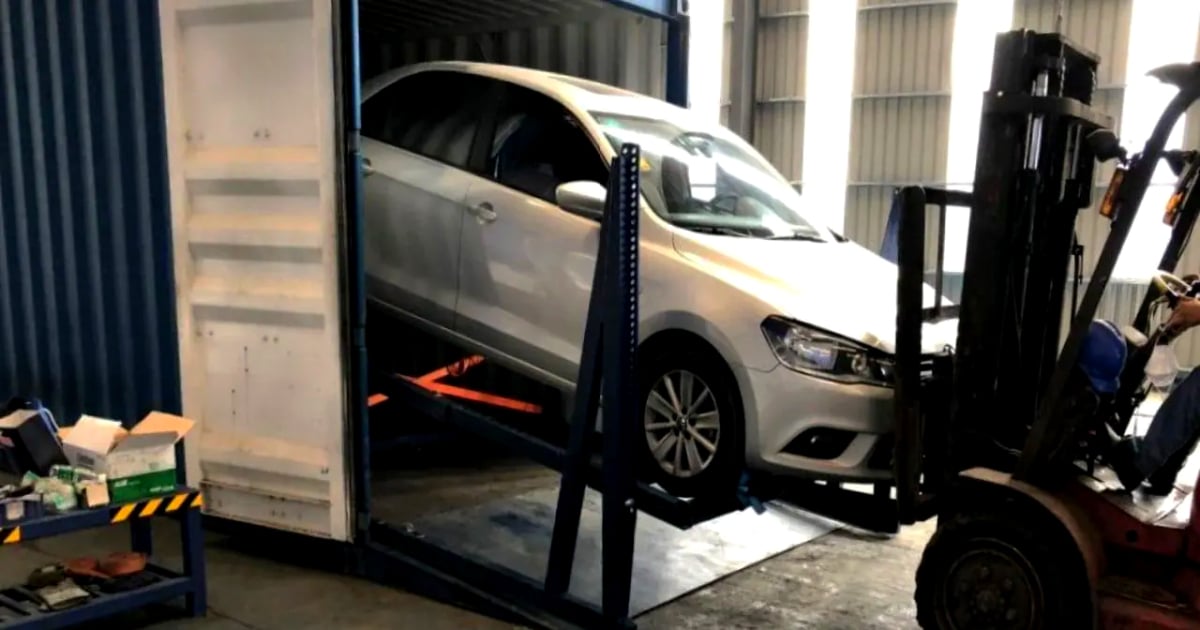The Cuban Ministry of Foreign Trade and Foreign Investment recently released Resolution 166/2024 in the Official Gazette, establishing fresh guidelines for private sector trade operations exclusively in freely convertible currency (MLC). This new regulation revises Resolution 315/2020, intending to "correct distortions" in foreign trade amidst the country's prevailing economic and financial turmoil.
Previously, Cuban private entrepreneurs received 20% of their export earnings in CUC when operating through entities authorized by MINCEX, while the remaining 80% was transferred to their MLC accounts.
Key Features of Resolution 166/2024
Cuban private management forms will now have access to foreign trade services via authorized state enterprises, including the import and export of goods and services. Although the regime claims its aim is to enable the private sector to conduct its core activities more efficiently and in line with market conditions, it is clear that the resolution heightens control, restricts commercial freedoms, and mandates the use of MLC in transactions.
Access Conditions for Foreign Trade
The regulation outlines the prerequisites for private sector access to import and export services, which include submitting a banking contract in MLC and a no-tax-debt certification.
Procedures and Assurances
Authorized entities are tasked with managing the necessary approvals from competent bodies and ensuring the viability of commercial operations, minimizing financial risks, and ensuring adherence to payment commitments.
Export Operations
The regulation specifies how the Cuban private sector can carry out export operations, detailing technical arrangements, pricing, transportation methods, and other logistical aspects in agreement with authorized entities. It also dictates income distribution from exports.
Import Operations
Imports are subject to various criteria, such as detailed product descriptions, technical specifications, available budgets, and payment methods. Additionally, import costs must cover expenses like insurance, freight, and other associated charges.
Vehicle Imports
A notable provision is the regulation of vehicle and parts importation by the private sector, exclusively managed by authorized entities in accordance with current legislation.
Authorized Entity List
The resolution includes an annex listing over 40 state enterprises authorized to conduct import and export operations on behalf of the private sector. Recognized companies such as QUIMIMPORT, COPEXTEL S.A., CUBAEXPORT, and MAQUIMPORT, among others, are included, covering sectors like agriculture, construction, chemicals, and technology.
Impact on the Private Sector
The Cuban government aims to restructure private sector trade relations in MLC, granting them international market access through state intermediaries. Private companies will now face a structured procedure for conducting foreign trade operations, posing new challenges given the imposed controls and requirements.
Resolution 166/2024 took effect on Friday following its publication in the Official Gazette, nullifying previous regulations. The Cuban government seeks to regulate and control MLC transactions amid the country's ongoing economic crisis.
